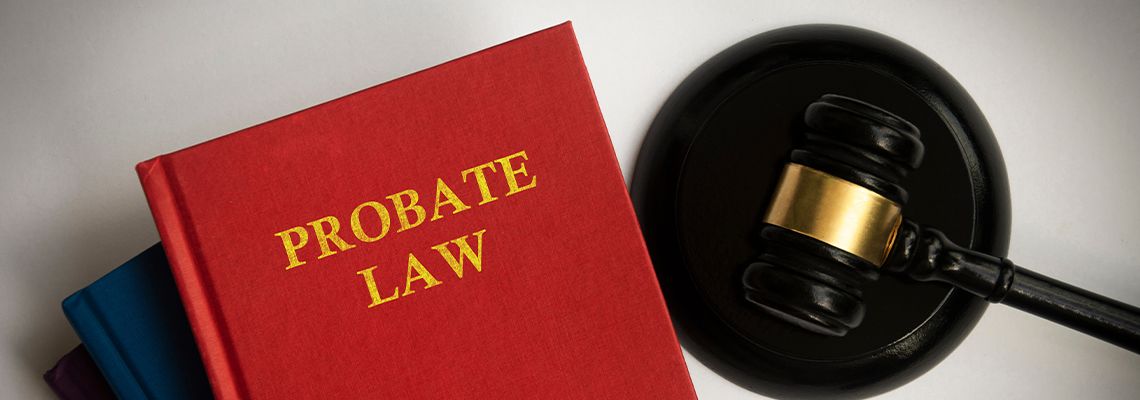
Understanding the Purpose Behind the Probate Process.
When someone passes away, their assets don’t automatically transfer to their family or loved ones—at least not in every case. Many times, those assets must first go through a legal process called probate.
So, what is probate? More importantly, why does it exist—and why can’t families just divide up the estate themselves?
Let’s take a closer look.
Probate Ensures Legal Ownership Transfers
Probate exists to make sure that a deceased person’s assets are transferred to the correct people—whether that’s according to a will or under state law if there’s no will.
For example, if a person owned a home in their name alone, the title can’t legally be changed to someone else unless a court confirms who has the right to inherit it. Probate provides that confirmation. Without it, the heirs wouldn’t be able to sell, refinance, or even legally occupy the home in some cases.
It Protects Against Fraud and Conflicts
One of the most important reasons probate exists is to prevent fraud. Imagine if anyone could walk into a bank and claim they were entitled to a deceased person’s account. Probate requires documentation and court oversight so that only legally entitled heirs or beneficiaries receive those assets.
It also creates a public record of what assets exist, who’s entitled to them, and who is responsible for managing the estate. If there’s a disagreement—such as a contested will or unclear family relationships—the probate court provides a forum for resolving those disputes legally and fairly.
Probate Handles the Debts First
Before any assets can be distributed to heirs, the estate’s outstanding debts and taxes must be paid. This includes final medical bills, credit cards, funeral costs, and any state or federal taxes owed.
Probate ensures that creditors are notified and have a chance to file a claim. This protects both the heirs and the personal representative from being held personally responsible for missed obligations.
Not Everything Has to Go Through Probate
It’s worth noting that not all assets need probate. If the deceased person set up their accounts and property with joint ownership, named beneficiaries, or trusts, those assets may pass directly to the new owner without court involvement.
But for anything titled solely in the deceased’s name—bank accounts, vehicles, real estate, or personal property—the law often requires probate before that property can change hands.
Final Thoughts
Probate isn’t just about paperwork—it’s about making sure that the estate is handled properly, debts are paid, and property ends up in the right hands. While it can feel overwhelming, the probate system is designed to protect families, prevent fraud, and ensure the smooth and legal transfer of ownership.
If you’ve recently lost a loved one and aren’t sure what needs to be probated, a quick consultation with a probate attorney can help you understand your next steps.
This post is intended for general informational purposes only and does not constitute legal advice. For help with probate in Kansas or Missouri, please contact a licensed attorney.

